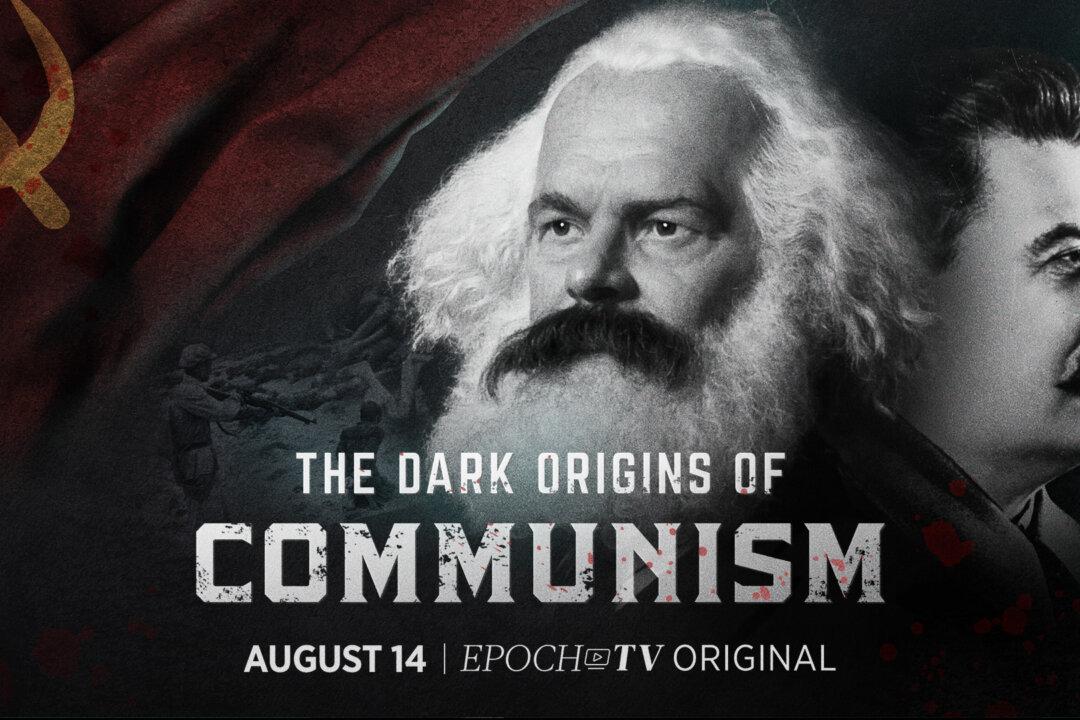In this special Epoch TV series “The Dark Origins of Communism,” Episode 1 titled “War on the Human Spirit,” Joshua Philipp, investigative journalist for The Epoch Times, offers a chilling and eye-opening look into the origins of communism and the horrifying results that followed.
Philipp begins by speaking to the desire for peace, prosperity, and happiness, which are natural wants in human nature. However, the desire for good can be exploited, used by those who do evil. Communism advertises itself as a promise for a manmade heaven on earth, but as seen throughout history, what this ideology delivered instead was a living hell.





